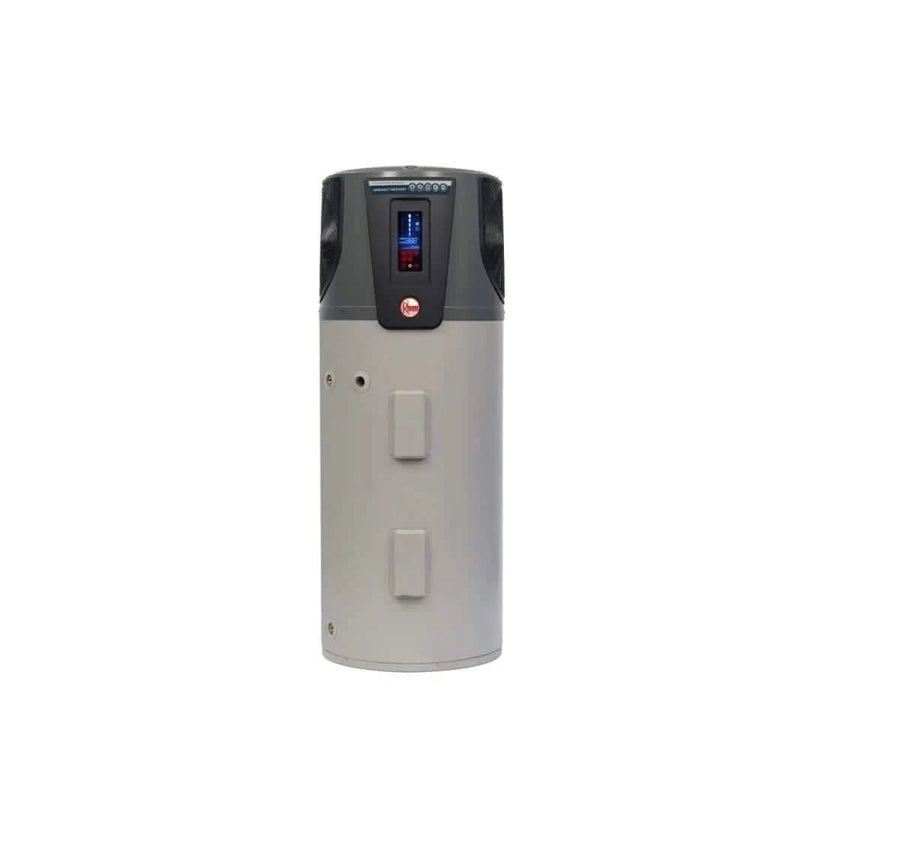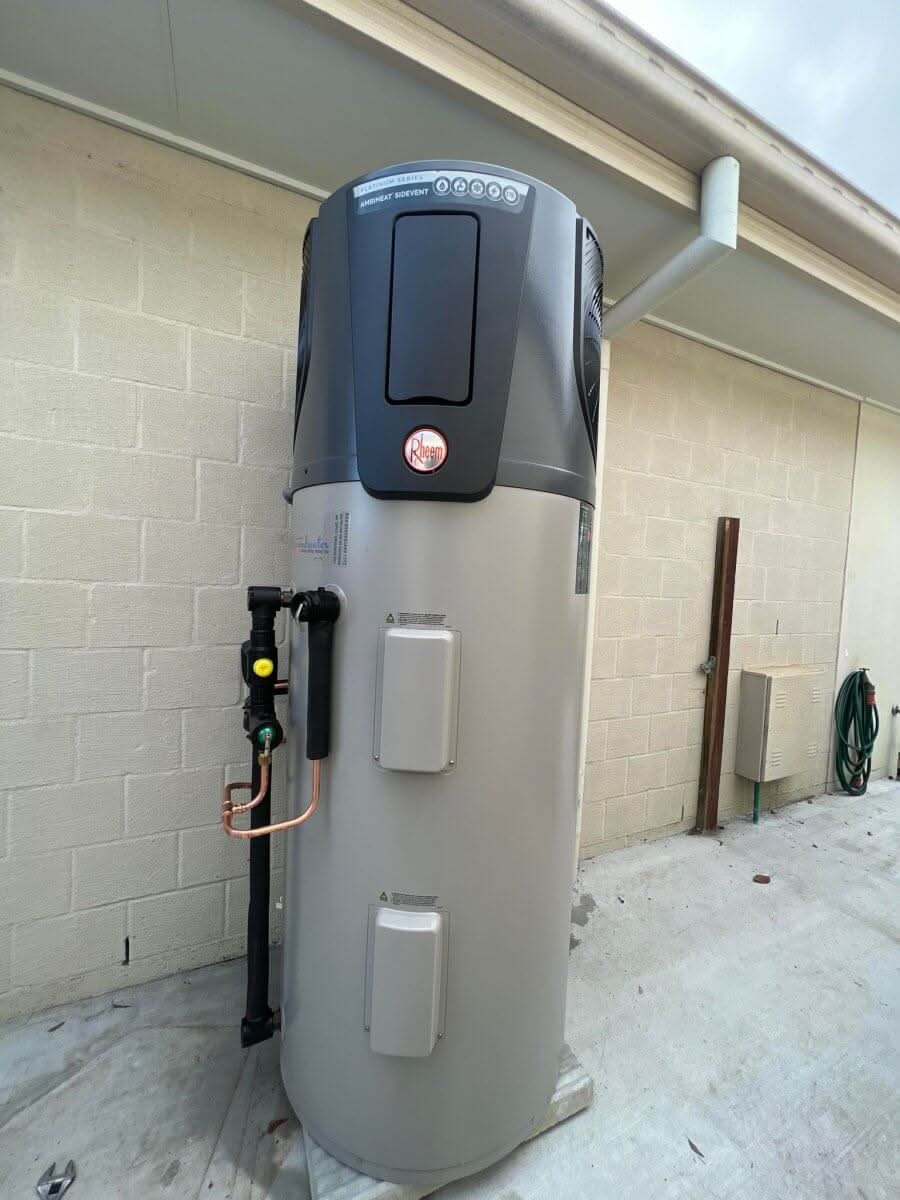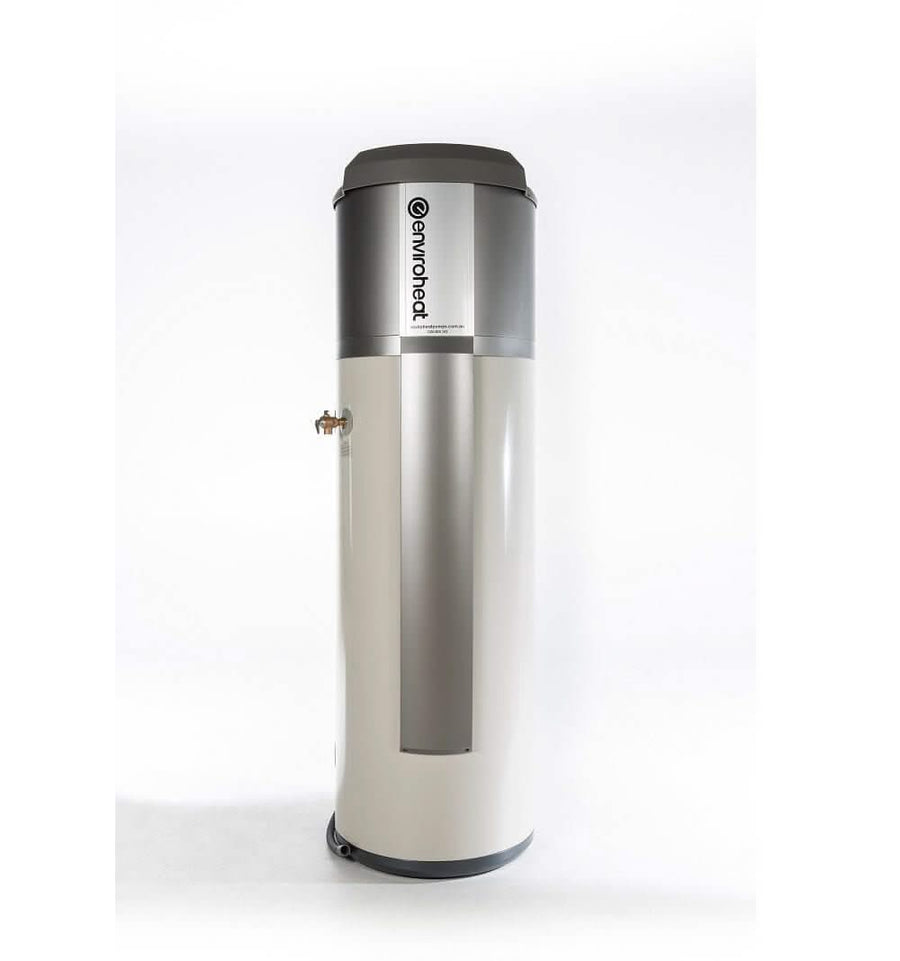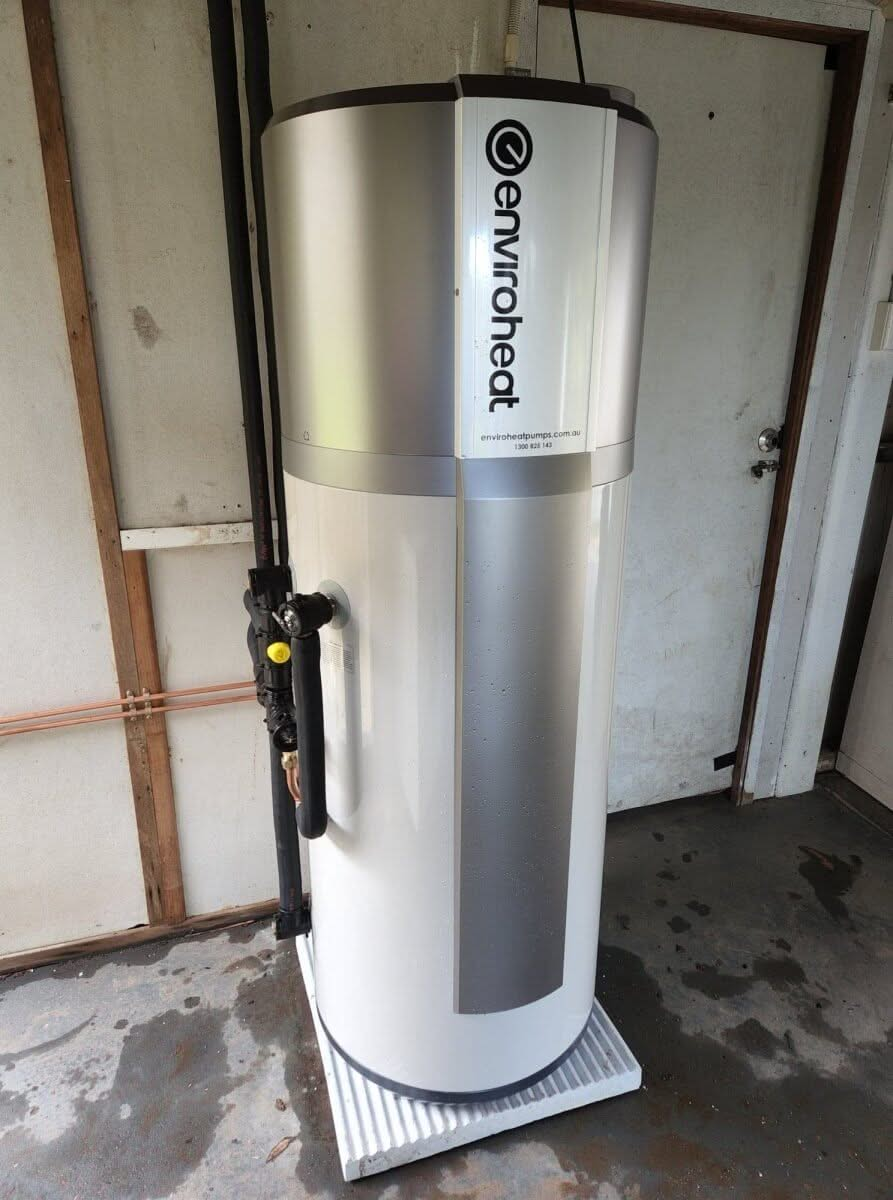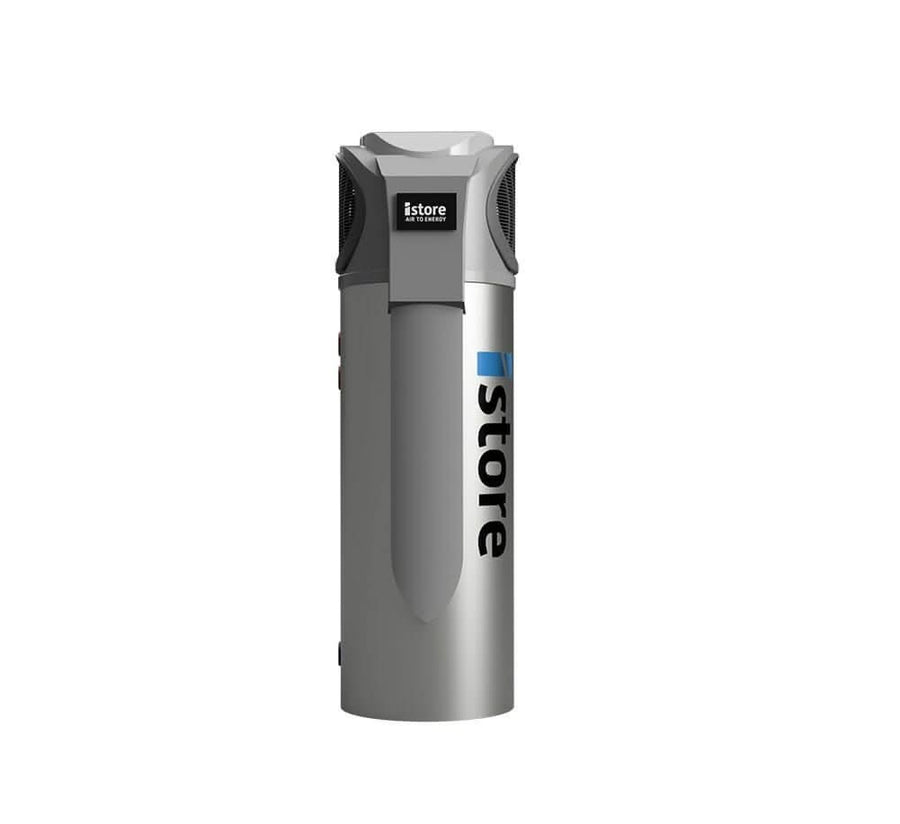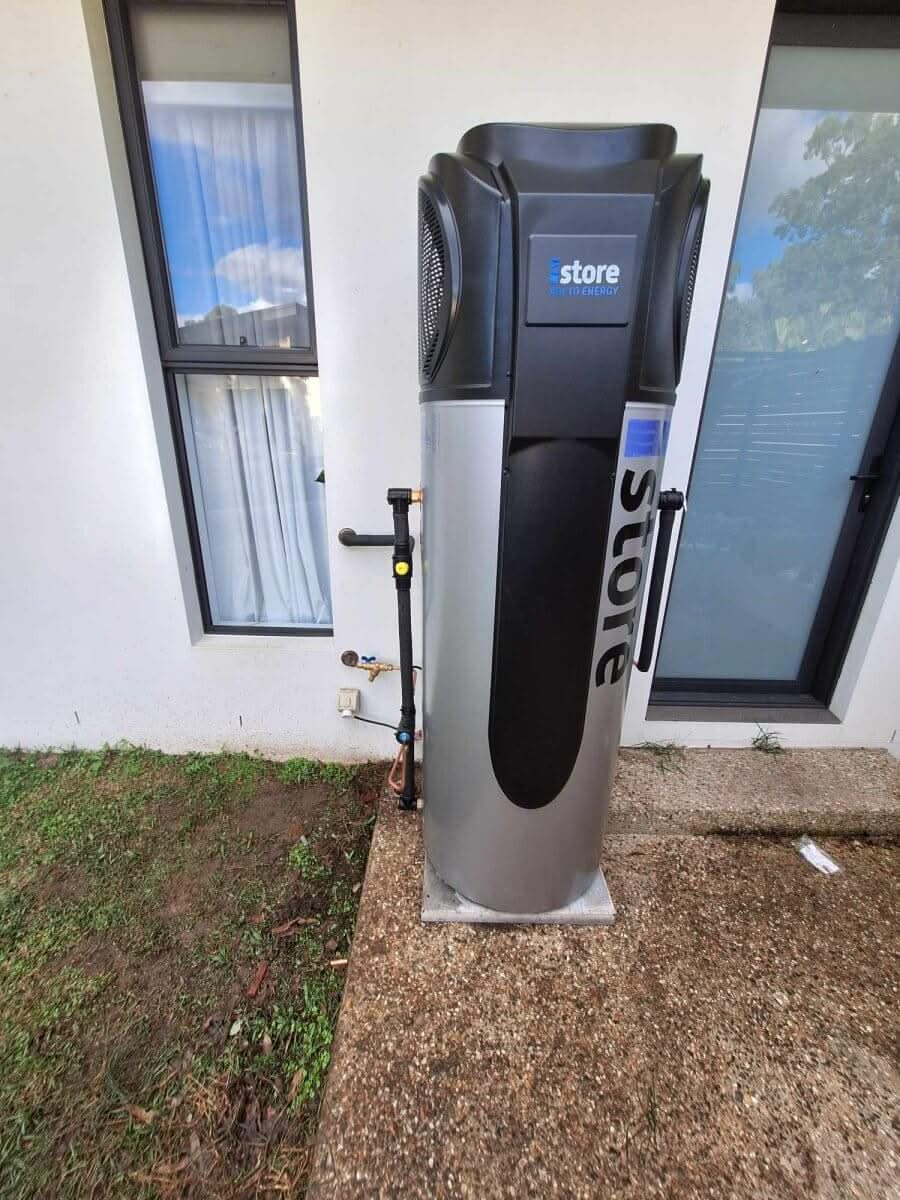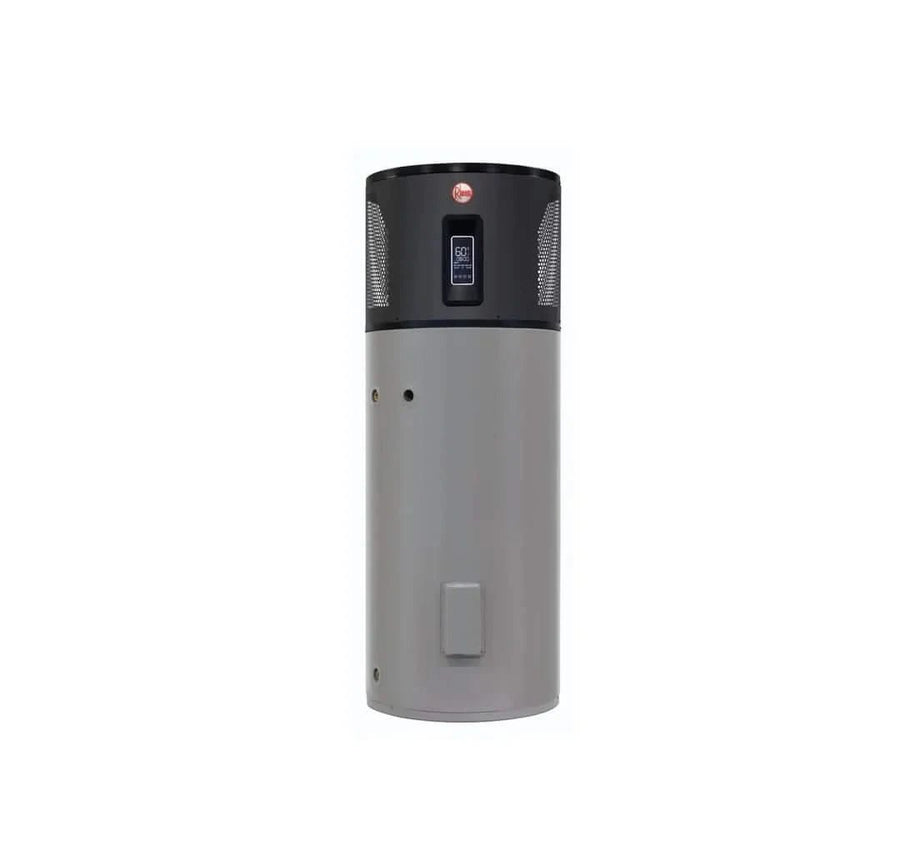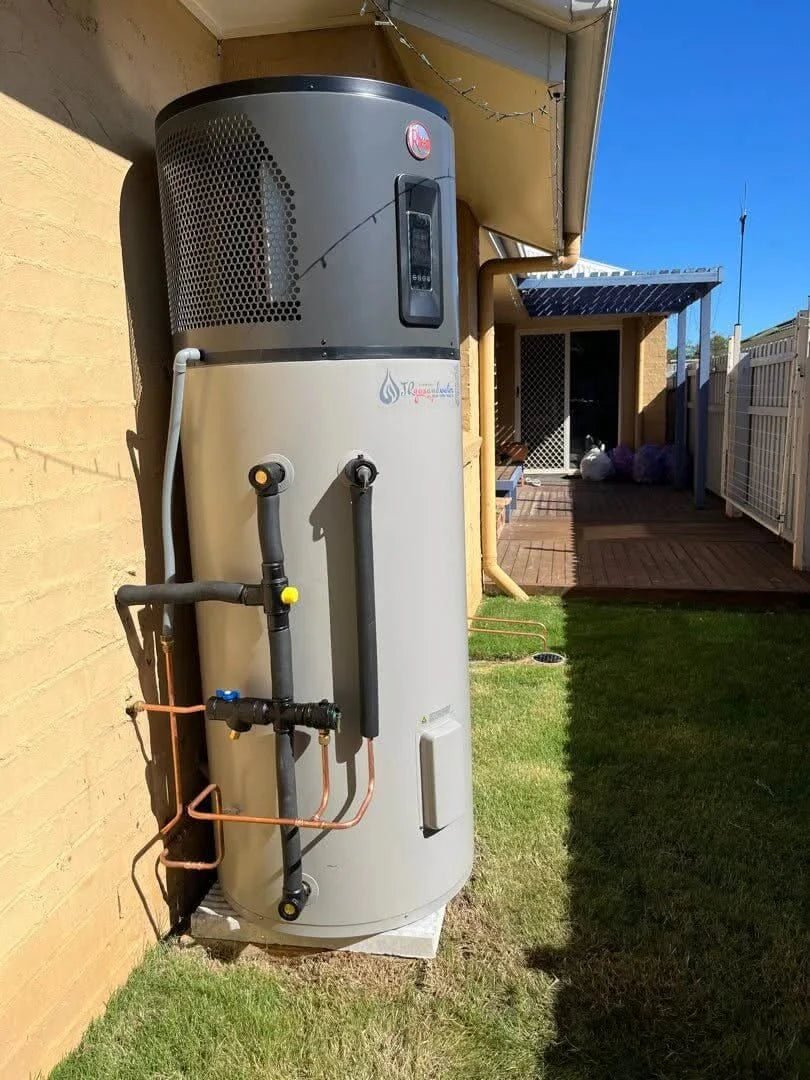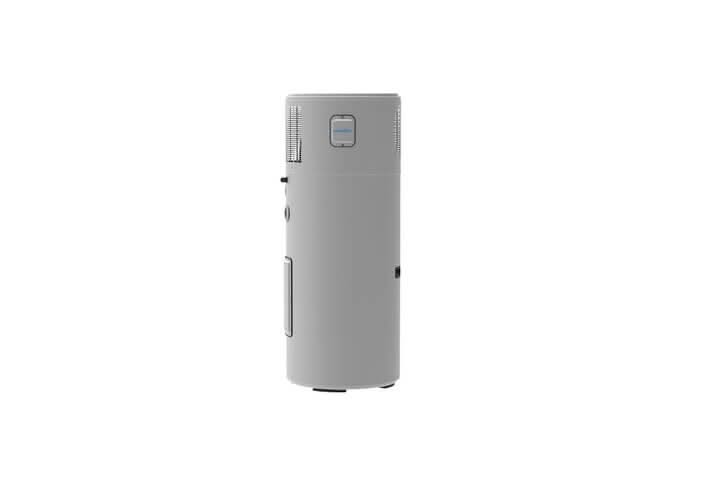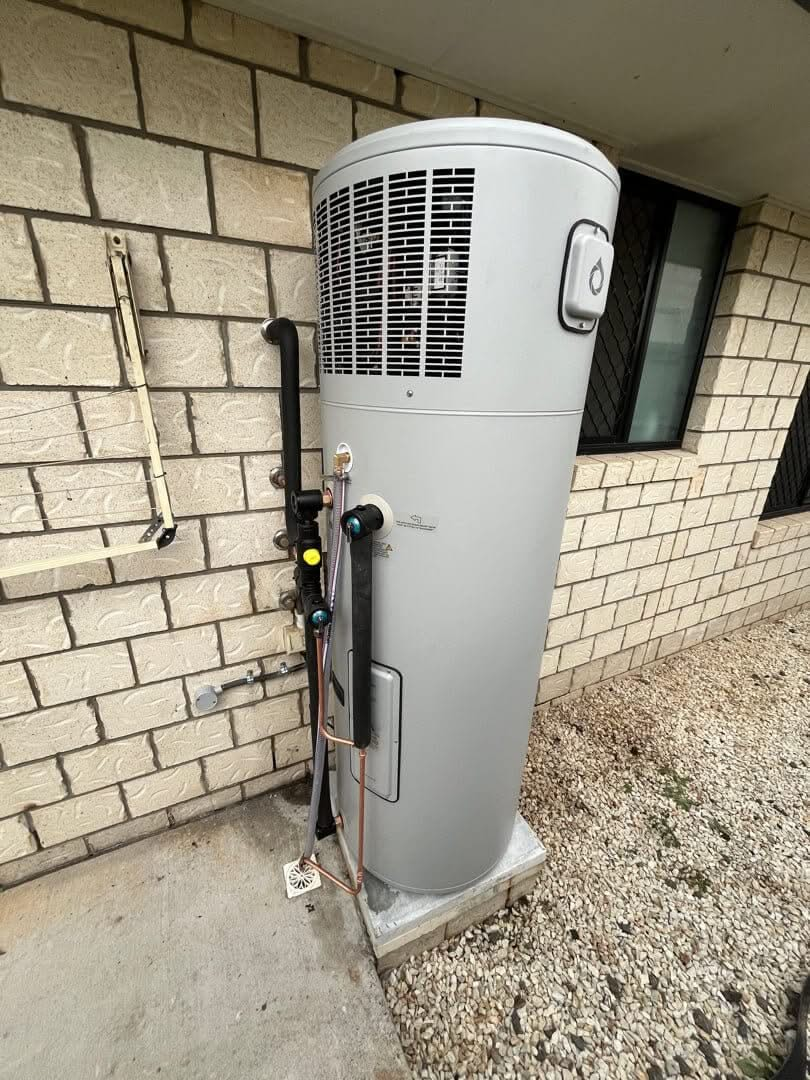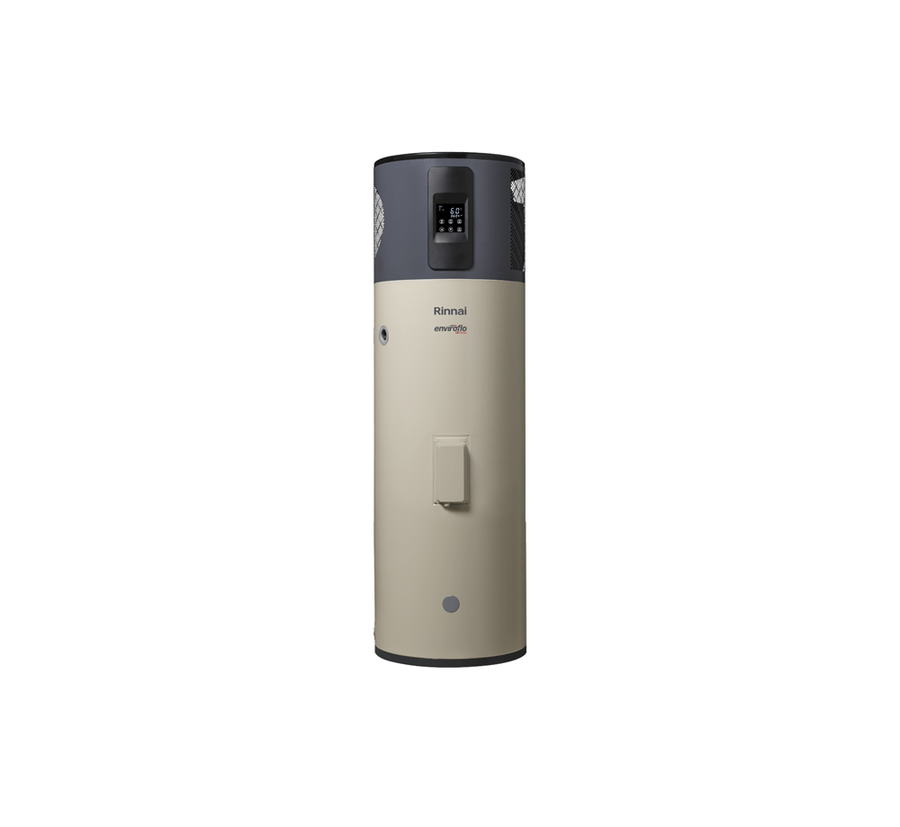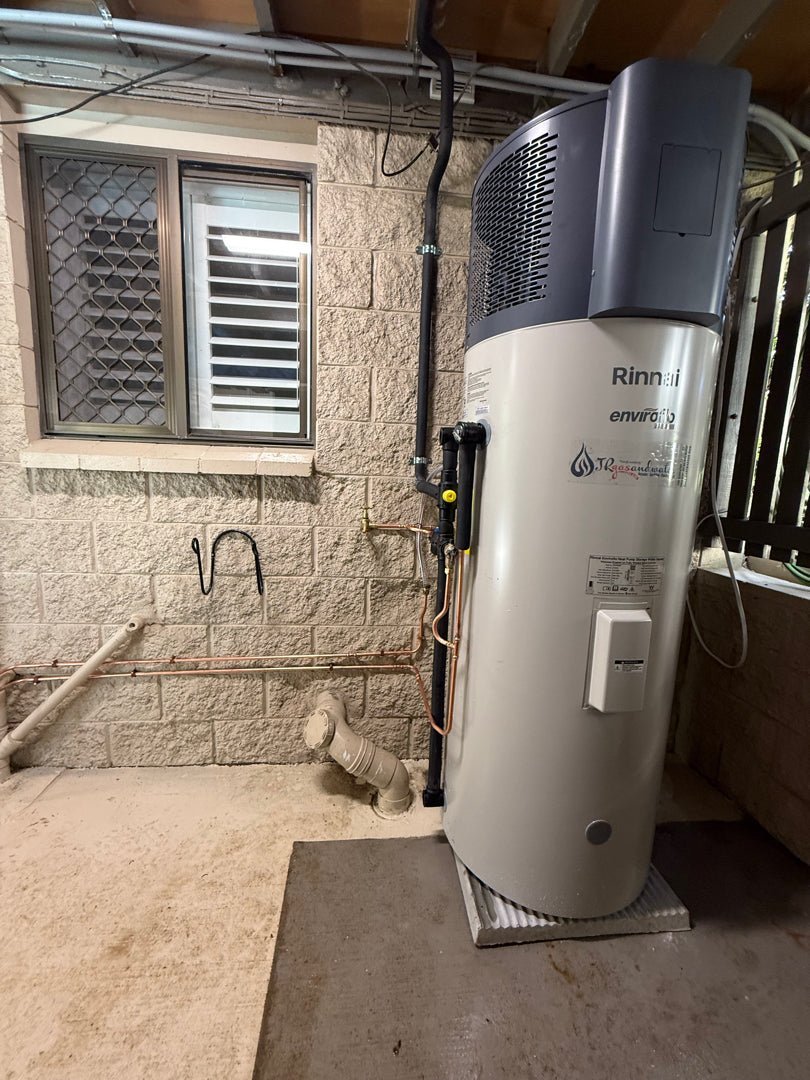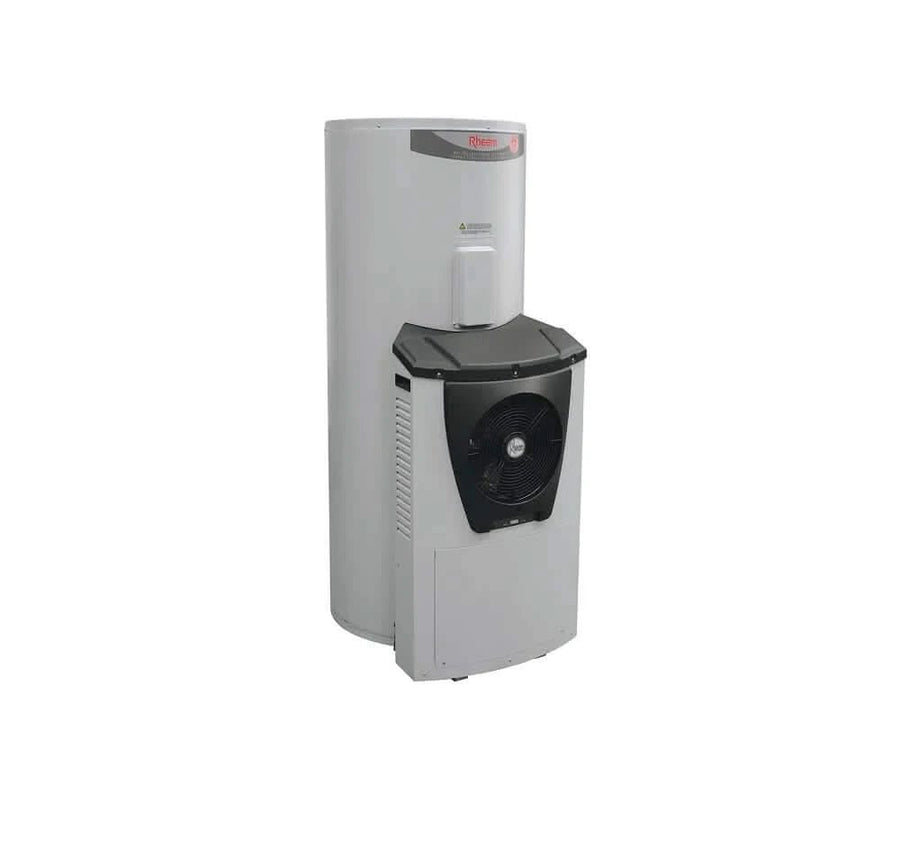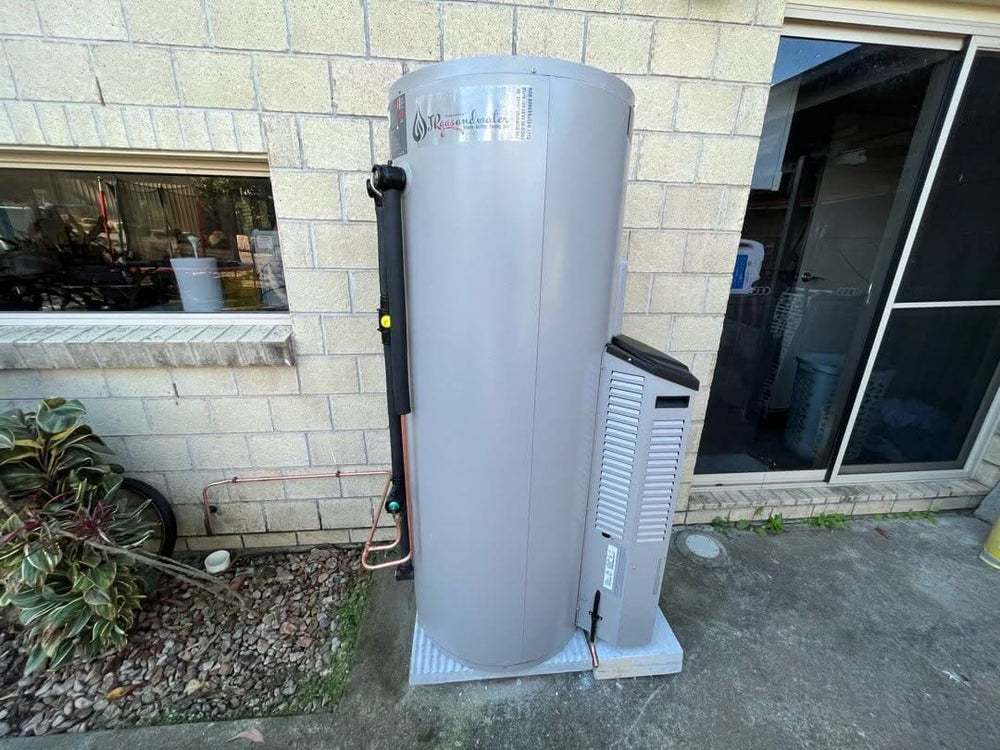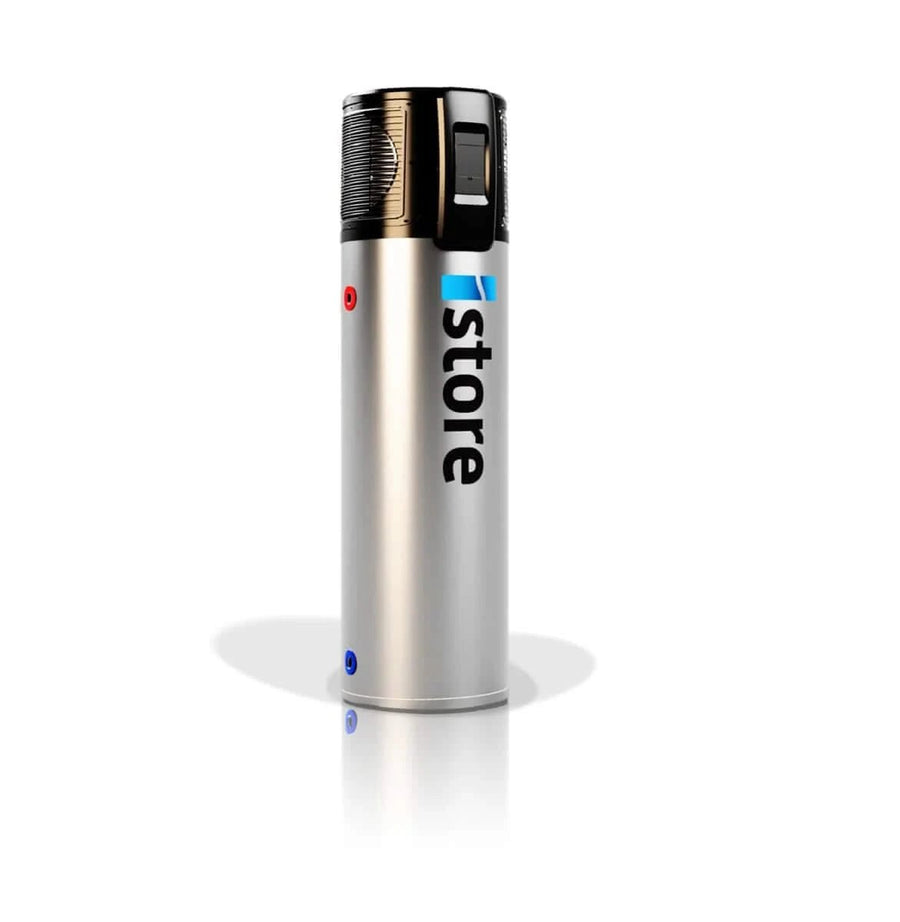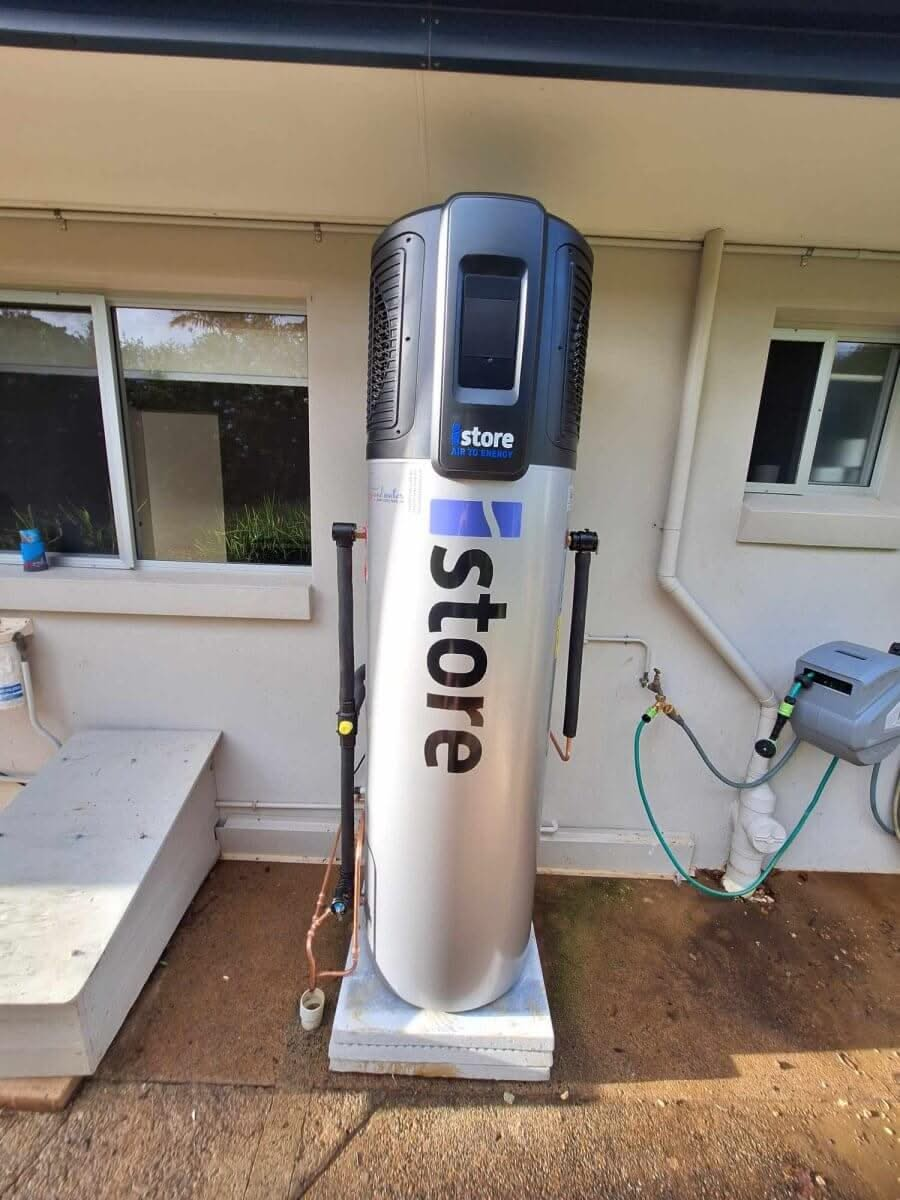Maximizing Comfort and Efficiency: Your Ultimate Guide to Heat Pump Technology
What drives homeowners to choose a heat pump for their heating and cooling needs? Beyond merely being an eco-friendly alternative, heat pumps offer a unique ability to both warm in winter and cool in summer while keeping costs down. Through this article, learn the technology behind heat pumps, compare types, and discover functional and financial considerations for getting the most out of your investment.
Key Takeaways
-
Heat pumps are energy-efficient systems capable of both heating and cooling spaces, with different types such as air-to-air, water source, and geothermal heat pumps, each having unique applications and efficiency levels.
-
Technological advancements in the heat pump industry, including the use of eco-friendly refrigerants and variable speed compressors, are increasing efficiency and performance, making them a viable option for sustainable heating and cooling.
-
The economic aspect of heat pumps involves an assessment of the initial high cost against long-term energy savings, with government incentives and rebates available to encourage their adoption due to environmental benefits.
Understanding Heat Pumps: The Basics
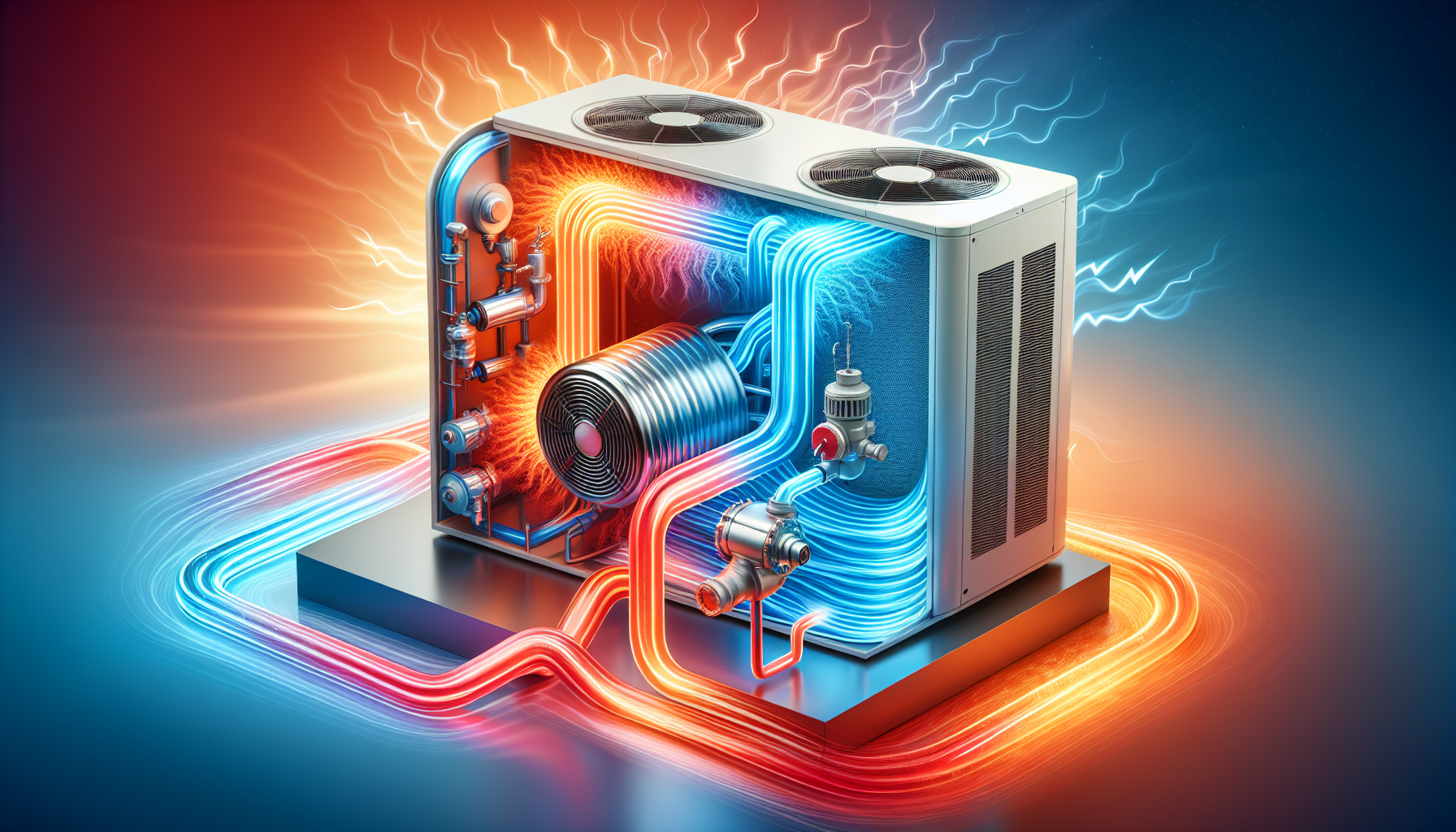
Heat pumps are a marvel of modern engineering, capable of transferring heat from one place to another using minimal electricity. Imagine having a system that not only warms your home during chilly winters but also cools it during hot summers, all while being mindful of your energy bills and the environment. That’s what heat pumps bring to the table. How do they achieve this magic? It’s all in the reversal. Heat pumps can switch gears between heating and cooling, thanks to a unique component called a reversing valve, all while maintaining impressive energy efficiency.
Optimal performance of heat pumps depends on effective insulation. Heat pumps deliver heat more progressively than conventional systems, and adequate insulation ensures that this heat doesn’t escape, ensuring optimal operation.
The Refrigeration Cycle Explained
The stage on which our heat pump stars perform their magic is the refrigeration cycle. This thermodynamic process involves four key players:
-
The evaporator
-
The compressor
-
The condenser
-
The expansion valve
These components work together in a carefully orchestrated dance to transfer heat, turning a low-pressure vapor into a high temperature and pressure gas, then cooling and condensing it, before letting it evaporate in the evaporator.
But the beauty of this performance is in its versatility. The reverse cycle air conditioner can play both the ‘heater’ and the ‘cooler’, warming your home in the winter and cooling it in the summer, all while maintaining the desired temperature set on your thermostat. With reverse cycle air conditioners, you get the best of both worlds in one efficient system.
Types of Heat Pumps
There are various types of heat pumps, each suitable for unique applications. Our main protagonists are the air-to-air, water source, and geothermal heat pumps, with air-source heat pumps being the most common.
Air-to-air heat pump extract heat from the surrounding air and distribute it indoors using fans, making them perfect for heating homes. Water-source heat pumps, on the other hand, source heat from various aquatic sources, offering greater efficiency and stability, albeit at a higher installation cost.
Then we have the hybrid heat pumps, which combine the power of air or ground-source heat pumps with fossil fuel systems to offer a dual-fuel or hybrid heating solution.
Heat Pump Components
Specific components are integral to the functioning of heat pumps. At the heart of the heat pump system is the compressor, pumping refrigerant through the system for heat transfer. The expansion valve plays a crucial role in regulating the flow of refrigerant to optimize system performance.
The components involved in the heat exchanger process include:
-
The evaporator coil, which absorbs outside thermal energy to cool the indoor air
-
The condenser coil, which releases heat to the outdoors
-
The reversing valve, which allows the system to switch between heating and cooling modes, catering to different seasonal requirements.
The Versatility of Air Source Heat Pumps
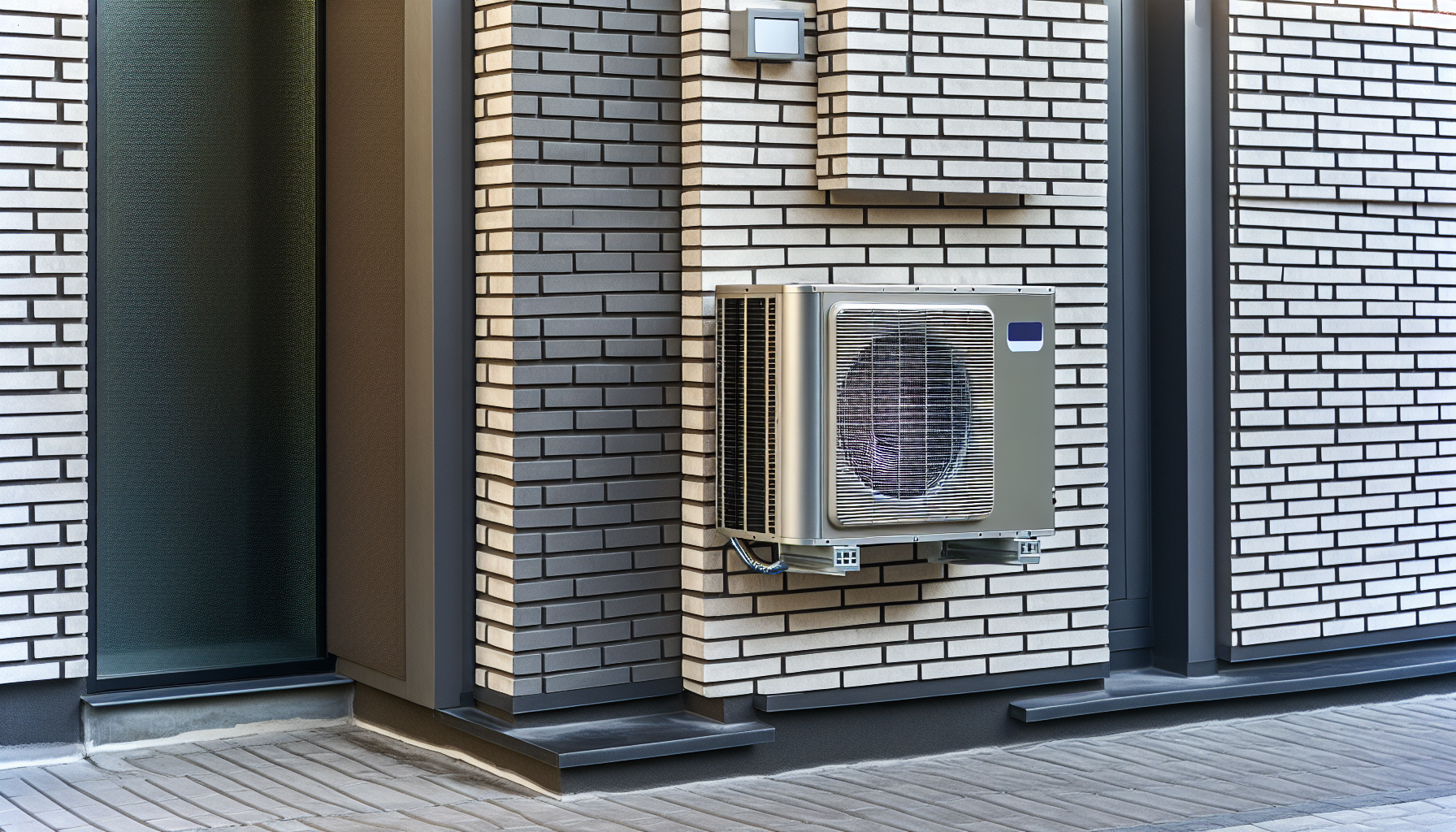
Air source heat pumps, also known as air conditioners, adjust to their ambient air environment, ensuring efficient heating across different climates. In mild cold climates with January temperatures above -10°C, these champions maintain Coefficients of Performance between 2 and 3.
But even when the temperature drops to as low as -30°C, cold-climate air source heat pumps don’t back down, achieving Coefficients of Performance above 1.5 and maintaining operational efficiency in severe cold.
Benefits of Using an Air Source Heat Pump
Employing an air source heat pump offers dual benefits. You get reduced electricity consumption as electricity is only used to power the heat pump’s internal operations, potentially reducing your electricity bills. And as a bonus, you also contribute to lower greenhouse gas emissions compared to traditional electric heating.
But the benefits don’t stop at energy savings and environmental impact. Air source heat pumps also require little maintenance, with cleaning needed only every few months and servicing just once a year. Plus, they’re as versatile as they come, maintaining high efficiency without the need for back-up heating in mild cold climates with temperatures above -10°C.
Installation Considerations for Air Source Heat Pumps
A correctly executed installation process makes setting up an air source heat pump uncomplicated. Here are some key considerations:
-
Install the pump on a level surface with sufficient airflow.
-
Preferably, choose an area protected from high winds and direct sunlight to ensure optimal performance.
-
Take noise considerations into account to avoid a noisy heat pump interrupting your peace and quiet.
In terms of power supply, a suitable mains electrical connection and an isolation switch are necessary for safety and maintenance purposes. But there’s more to the cost of heat pump installation than just the equipment cost. The type of system chosen and the potential cost benefits of off-season installation can significantly affect the overall installation cost.
Diving into Geothermal Heat Pumps
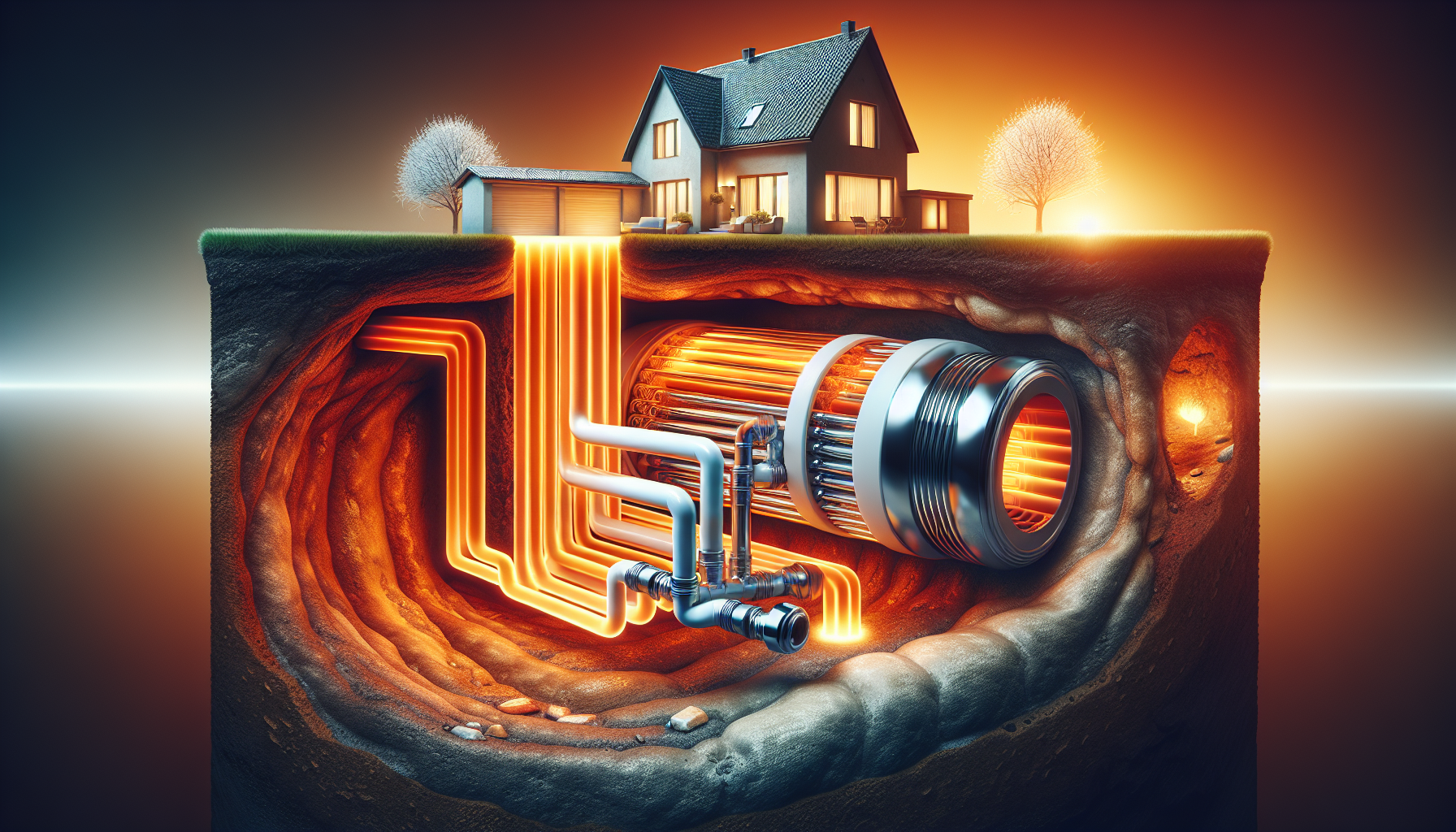
Geothermal heat pumps exemplify efficiency and reliability. By leveraging the relatively constant temperature of the earth, they can reduce home energy use by an impressive 70%-80%, providing consistent humidity control and offering a long lifespan.
These systems are suitable for more extreme climates than air-source heat pumps, with around 50,000 units of geothermal heat pumps installed in the United States each year. This figure reflects their rising adoption and the growing recognition of their potential for sustainable heating.
How Geothermal Heat Pumps Work
Geothermal heat pumps operate by leveraging ground or water sources for heat exchange. This process takes advantage of the consistent underground temperatures for efficient heating and cooling.
Depending on the system, this heat exchange process could occur in a closed-loop or open-loop system. Closed-loop geothermal heat pumps circulate an antifreeze solution in tubes buried in the ground or submerged in water, while open-loop systems pump well or surface body water directly through the heat pump.
There are also direct exchange systems and pond/lake systems, each with their own unique benefits and considerations.
Assessing the Suitability for a Geothermal Heat Pump
Multiple factors need to be considered while opting for a geothermal heat pump. Land availability is a major consideration since horizontal systems require trenches and vertical systems may require extensive drilling.
Upfront costs are another essential factor to consider. Geothermal systems can be more expensive to install but can offer significant long-term energy savings. If you’re building a new house, it may be worth considering including the cost of a geothermal system in your mortgage to reap the benefits from day one.
Innovative Heat Pump Technologies
Technological advancements constantly shape the heat pump industry, boosting efficiency and performance, particularly in colder climates. For example, the use of supercritical CO2 as a refrigerant in heat pumps offers numerous advantages, including:
-
A low Global Warming Potential (GWP)
-
Higher Coefficient of Performance (COP)
-
The ability to reach higher maximum hot water temperatures without depleting the ozone layer.
Plus, the development of self-contained window units, portable heat pumps, and split system air conditioner units is expected to significantly reduce installation costs, making heat pump technology more accessible for retrofitting older buildings and apartments.
Cutting-Edge Features in Modern Heat Pumps
Modern heat pumps showcase technological innovation. They use variable speed inverter compressors and adjustable expansion valves to more accurately control the pressures of the cycle according to varying conditions.
Moreover, the refrigerants used in heat pumps have evolved to become more eco-friendly. For instance, systems are now using CO2 and hydrofluoroolefins (HFOs), which can exist as both a liquid and a gas, enabling efficient operation in systems with large temperature differentials.
Other innovations include ECM motors for regulating blowers, in-built timers for operation time control, and desuperheaters that recover waste heat for hot water production during the cooling mode.
The Future of Heat Pumps and Sustainability
Heat pumps have a promising future. Global sales of heat pumps grew by 15% in 2021, and they are recognized by the International Energy Agency as key for the sustainable transition in heating.
Technologies such as inverter-driven compressors are improving heat pump efficiency, while the development of climate-friendly refrigerants aims to reduce environmental impact. Furthermore, air source heat pumps can be powered by renewable energy, potentially reducing electricity usage to zero and achieving efficiencies of 300% to 400%.
Heat Pump Systems for Water Heating
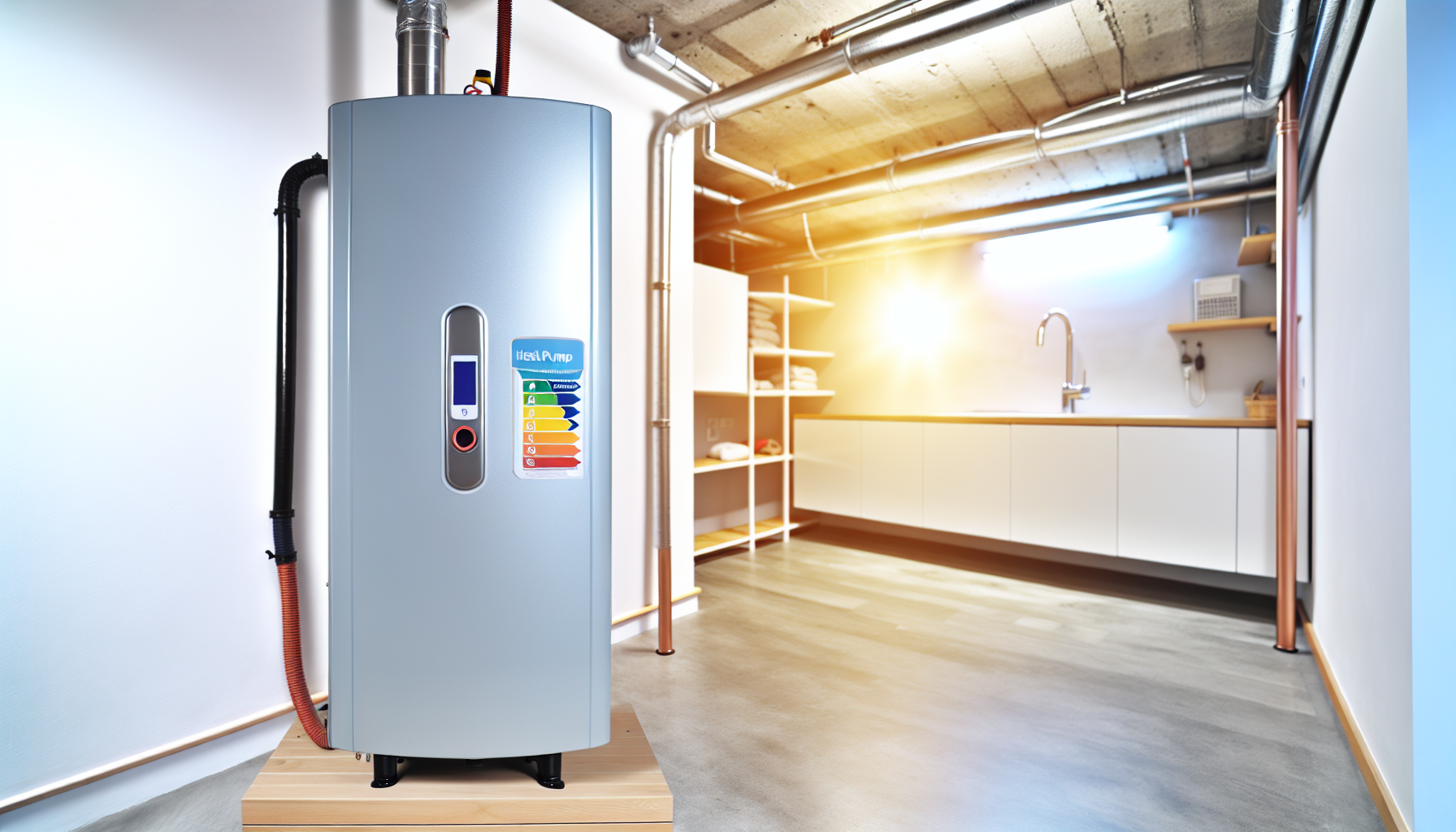
Heat pump hot water systems are an excellent choice for eco-friendly water heating. These systems use a refrigeration cycle to extract heat from the surrounding air, using this heat to warm your water.
This heat transfer process is incredibly efficient, with heat pump water heaters using 60 to 75% less electricity compared to conventional electric hot water systems. Plus, they’re always ready to deliver hot water on demand, without running out, thanks to their continual heat generation. In fact, they efficiently heat water, making them an excellent choice for homeowners.
The Efficiency of Heat Pump Water Heaters
Heat pump water heaters represent the pinnacle of efficiency. Typically, they use around 60 to 75% less electricity than a conventional electric hot water system. This results in significant energy savings..
Better yet, these systems minimize electricity use by only using power to drive the compressor and the fan, not for directly heating the water with an electric element. This results in lower electricity consumption, reduced energy costs, and less environmental impact.
Selecting the Right Heat Pump Hot Water System
Selecting an appropriate heat pump hot water system requires considering numerous factors. The size of the tank is one such factor. The smallest appropriate tank size is recommended to minimize energy use, but it should also meet the actual hot water needs of the household.
Other factors to consider include the number of people in the residence, the average daily hot water usage per person, and the potential for future occupancy changes. Professional guidance can help ensure that your heat pump hot water system meets your home’s hot water needs efficiently, avoiding unnecessary energy and monetary waste.
Cost and Savings: Analyzing Heat Pump Economics
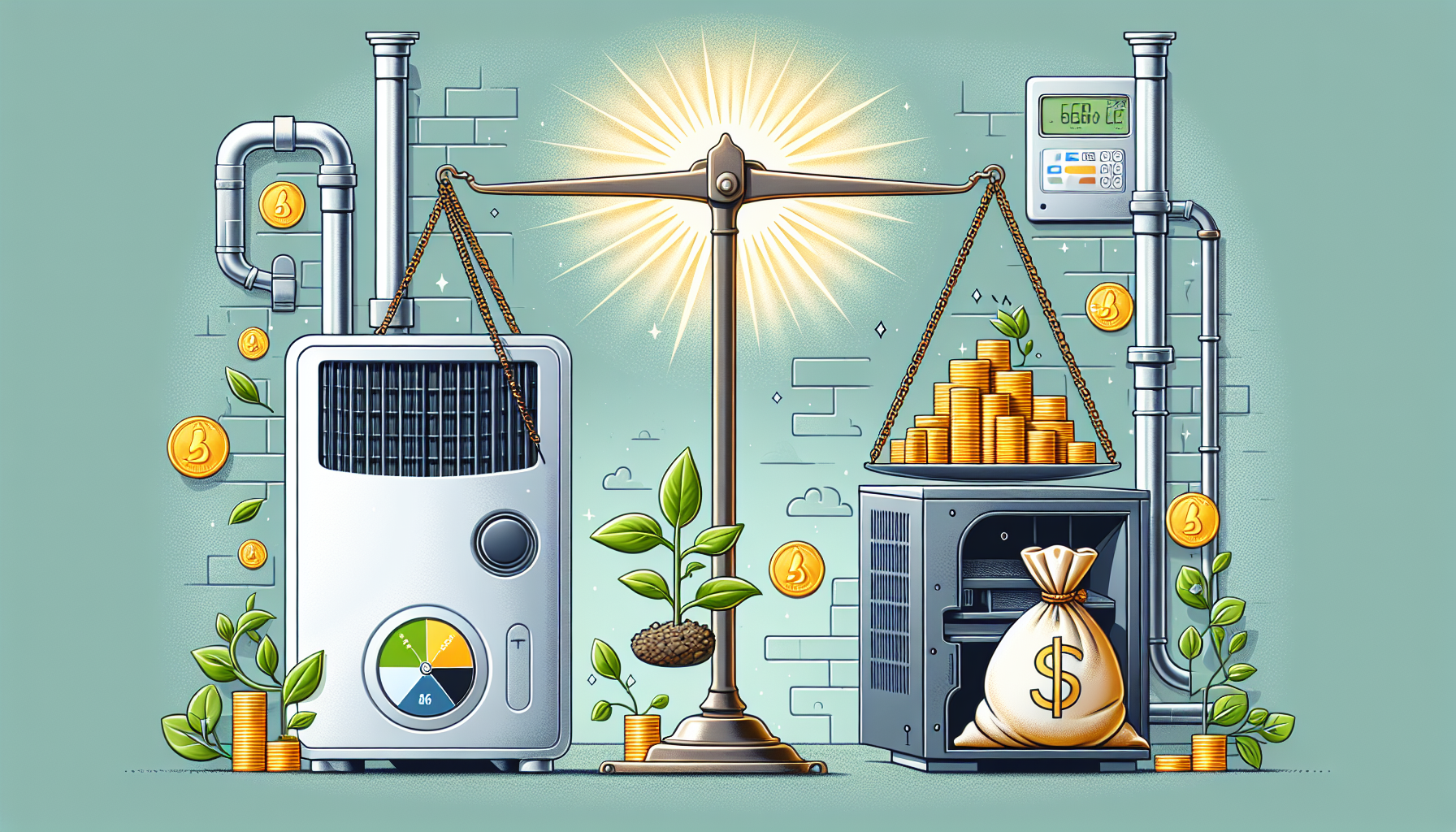
Potential adopters must carefully consider the financial aspects of heat pumps. Installation costs can range from $2,500 to $10,000, averaging around $5,500, and can even reach up to $30,000 for high-end installations such as geothermal or solar-powered systems.
However, these initial costs can be offset by long-term energy savings. Homeowners can expect the installation cost of a heat pump to pay for itself in 8 to 12 years through annual energy savings of $650 to $1,000.
Initial Investment vs. Long-Term Savings
One must balance the initial investment with potential long-term savings when contemplating heat pump installation. For example, air source heat pumps are generally more cost-effective upfront compared to geothermal heat pumps.
However, despite the higher initial cost, the long-term savings from heat pump hot water systems make them a worthwhile investment. So, it’s worth considering how long you plan to stay in your home and how quickly you can recoup the initial investment through energy savings.
Incentives and Rebates for Heat Pump Installation
Numerous government incentives and rebates are available to offset the cost of heat pump installation. Government policy support is crucial in promoting the use of heat pumps due to their higher initial costs compared to traditional heating systems.
New heat pump installations may be subsidized by federal tax credits, with potential deductions of up to 30% of the cost through 2032. Heat pump water heaters can also qualify for renewable power incentives such as Small-scale Technology Certificates (STCs), which may be traded for cash or discounts.
Summary
Through this journey into the world of heat pumps, we’ve seen how these systems offer a highly efficient, environmentally friendly, and cost-effective solution for heating and cooling. Whether it’s the versatile air source heat pumps, the efficient geothermal systems, or the innovative advancements in heat pump technology, there’s no denying the game-changing potential of these systems. As more people become aware of their benefits and as more governments offer incentives for their adoption, it’s clear that heat pumps will play a pivotal role in our sustainable energy future.
Frequently Asked Questions
What is the downside to a heat pump?
The most significant downside to a heat pump is the high upfront cost of installation, but there are incentives and financing options available to help mitigate this. Consider reaching out to your service provider for guidance.
Are heat pumps worth it in Australia?
Yes, heat pumps are worth it in Australia, as they are perfectly suitable for Australian climates, with a wide operating temperature range of -7°C to +40°C.
Is heat pump better than AC?
Yes, heat pumps are generally better than traditional air conditioners because they offer better energy efficiency for both cooling and heating and require less maintenance.
What is the major problem of heat pump?
The major problem of heat pumps is leaking refrigerant, which can cause the system to struggle in cooling or heating air, leading to longer running times.
How does a heat pump work?
A heat pump works by transferring heat using electricity. It extracts heat from the outside and moves it indoors in heating mode, and expels heat from indoors to the outside in cooling mode.






